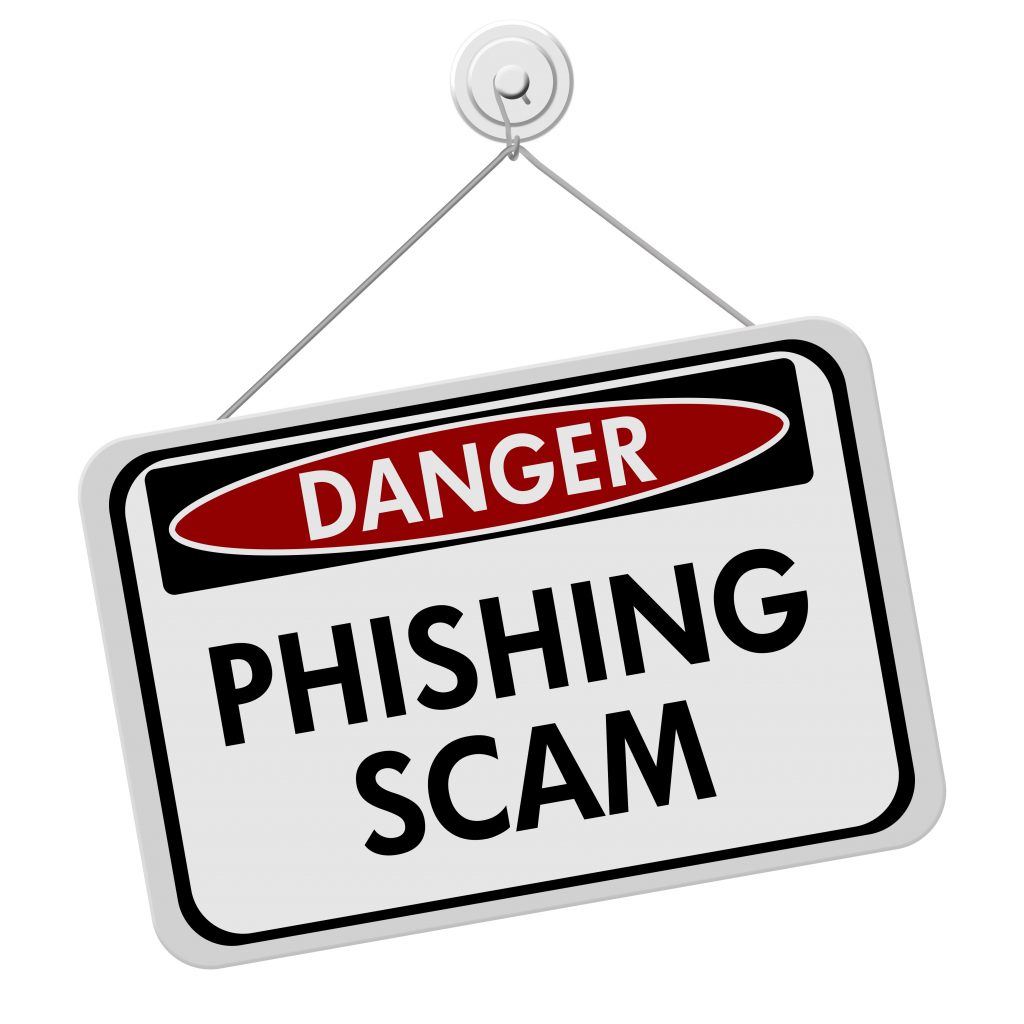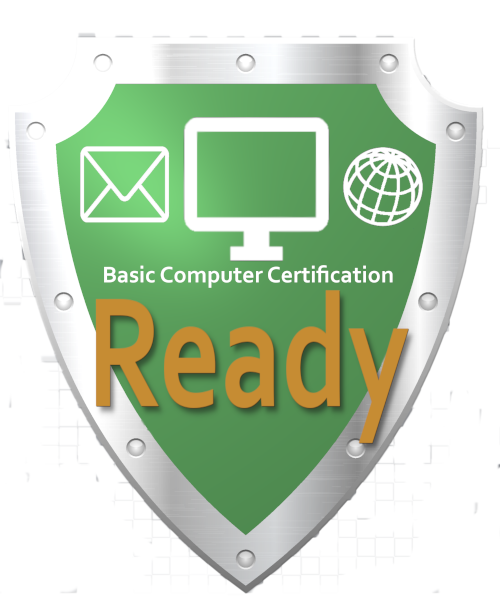|
|
|
| |
|
|
Put BCC on your resume and let employers know you are ready for work on day one.
Your Basic Computer Certificate will show that you know how to use a computer, email, document, and print. In addition you will not fall for scams, attacks, or viruses. |
|
| |
How not to lose your crypto. |
Posted 9/7/2022
When you buy a popular digital currency like Bitcoin or Ether on a coin exchange you can have it stored on that site.
These exchanges do put in place safety measures to protect your coin but they are not fool proof. Hackers target these sites everyday trying to steel other people's money.
One way to protect your gold is to store your bitcoin on a external wallet. This is easier than what it comes across as. You will generate a set of keys that you will write down on a piece of paper. Then you will transfer your account to the private keys you wrote down. Basically its like storing your cash under the mattress. There are many sites that will help you generate keys. Some will print out cool looking paper slips containing your keys and a ircode.
Try it now here: Bitcoin.com Paper Wallet
|
 |
| |
Lets go Phishing...... how about not! |
| |
posted 9/7/2022
Scammers use email, text, and social media to trick you into providing your personal information. With this information they can guess your passwords, log into your computer, and clean out your bank account. Everyday new attacks are launched over the internet and more and more people are falling for them. But, not to worry there are ways to detect and stop a scam before it even reaches you.
Every scam has a purpose. Most of the time it's to get money or your personal information out of you. They will start by telling you something important or concerning has happened to you.
Examples:
- They noticed something wrong with your computer
- Your bank account needs your updated information
- You got over charged for an item and needs to login to get a refund
- Email claiming to be from a company requiring a login
- Something bad will happen to you if you do not contact them right away
- Fake invoices
|
 |
|
1. Protect your computer by using security software. Set the software to update automatically so it can deal with any new security threats.
2. Protect your mobile phone by setting software to update automatically. These updates could give you critical protection against security threats.
3. Protect your accounts by using multi-factor authentication. Some accounts offer extra security by requiring two or more credentials to log in to your account. This is called multi-factor authentication. The additional credentials you need to log in to your account fall into two categories:
Something you have — like a passcode you get via an authentication app or a security key.
Something you are — like a scan of your fingerprint, your retina, or your face.
Multi-factor authentication makes it harder for scammers to log in to your accounts if they do get your username and password.
4. Protect your data by backing it up. Back up your data and make sure those backups aren’t connected to your home network. You can copy your computer files to an external hard drive or cloud storage. Back up the data on your phone, too.
If you think a scammer has your information, like your Social Security, credit card, or bank account number, go to IdentityTheft.gov. There you’ll see the specific steps to take based on the information that you lost.
|
| |
Protecting your devices |
| |
posted 9/2/2022
Today, we’re using internet-enabled devices in virtually all aspects of our daily lives. We’re going online to search for health and fitness tips, shop, play games, bank, watch favorite moves, listen to music, do homework, and stay in contact with our family and friends. Consequently, our devices contain a lot of valuable data about ourselves including banking and social security details, medical information, and even information about our properties (house, car, land, jewelry, etc.). If these devices aren’t protected, identity thieves and hackers might access them and steal our sensitive information. For instance, spammers could deploy spam to your computer and make it act as a “zombie drone” to lure recipients into thinking you’re the actual sender of the emails. Also, malicious software (malware) and ransomware could be installed on your device, slowing your machine, stealing your valuable data, or damaging files.Therefore, you should adopt safety measures and best practices to prevent computer viruses, protect your devices, and safeguard your privacy and family. This post reveals some of the top practices that protect your device against cyber-attacks.They are: Use strong passwords: create unique, complex passwords to keep your device and information safe.
|
 |
A strong password includes a blend of letters (mixture of upper and lowercase), numbers, and symbols. In general, it should have at least eight characters. Also, on the same subject, do not use the same combination of username and password across different sites/platforms. In the event bad actors manage to access one site, you’ll have just let them into your “data jar.”
Keep updated: install the latest version of software on your device as software updates are designed to mitigate trending security threats. don’t operate on a system for so long without updating it.
Use anti-virus, anti-phishing, and anti-ransomware software: these software act as “computer vaccines”. They identify, prevent, mitigate, and remove the threat before it can be detected by the user.
Use a firewall: PCs and Macs feature a pre-installed firewall program. Enable it to offer an additional protection layer against cyber threats.
Deploy popup blockers: a popup blocker is an add-on designed to protect your computer information. It helps protect unwanted/unauthorized pages from opening.
Beware of phishing attackers: all emails send by legit companies bear domain names. For instance, if the sender addresses claims on amazon and the email ends with @yahoo.com, they are scammers. Signs of scammers include typos, poor grammar, redirecting links, and suspicious attachments.
Train your family and staff: some attacks occur through unwitting action by uninformed family members and employees. Training these persons helps them to stay alert and be able to identify possible threats.
Understand infection signs: regardless of your efforts, viruses can still be implanted on your computer. Therefore, you should understand how to identify malware on your devices by
Know infection signs: regardless of your efforts, computer viruses can still be installed on your computer. You should learn how to identify cyber threats by looking for signs like repeated error messages, unpreceded shutdown, sudden slowdown, prolonged shutting down or restarting, rapid battery drainage, etc. If you notice a couple of these signs, know that your computer is possibly infected.
Add extra security features: perform regular backups of your valuable data. You can store it on an external hard drive or in the cloud. this prevents your information from being lost should an attack occur.
Now you know how you can protect your computer. You’re the defender of your device. Don’t leave anything to chance. Keep your computer, data, family, and yourself safe by following these basic precautions.
|
| |
Phone scam of the week |
| |
posted 9/1/2022
In this scam you get a call claiming to be from the power company. They tell you that your bill is past due and someone is coming out to shut off your power. But if you pay the balance and a reconnect fee right away, they will keep the power on. But in fact they are not the power company and just a scammer out for your money.
Here is how to stop this scam dead in its tracks.
1. Ask for your account number
2. Ask to see how much you paid the last 3 months
3. Tell them your connecting is bad and you will call back the number on your power bill. |
 |
| |
Load Previous
|
| |

Qualified
Companies will know you are computer literate and ready to work.
|

Training
Your company will not have to waste valuable time and money training you on computer usage. You will make money on day one.
|

Certificate
Document your successful completion of training with a downloadable certificate.
|
|
|

